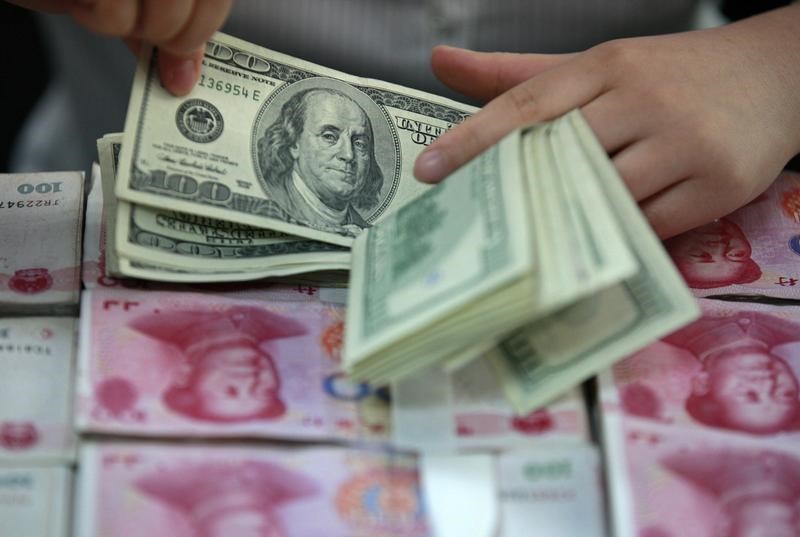The recently proposed 60% tariff on Chinese goods by the United States government has garnered significant attention and speculation about its potential impact on the global economy. According to a report by Citi, such a steep tariff could slash GDP growth by 2.4%, presenting a considerable risk to economic stability.
The imposition of such a high tariff on Chinese goods is expected to disrupt international trade patterns and supply chains, leading to increased costs for businesses and consumers. With China being one of the largest trading partners of the United States, any disruption in trade relations between the two countries is bound to have far-reaching consequences.
One of the primary concerns with a drastic increase in tariffs is the potential for retaliatory measures by China and other countries. Such retaliations could further escalate trade tensions, creating a ripple effect throughout the global economy. Increased tariffs and trade barriers could stifle economic growth, reduce business investments, and dampen consumer confidence, ultimately leading to an economic slowdown.
Moreover, the imposition of a 60% tariff on Chinese goods could also lead to inflationary pressures, as businesses pass on the increased costs to consumers. Inflation, coupled with reduced GDP growth, could pose challenges for central banks in maintaining price stability while supporting economic activity.
The impact of the proposed tariff on Chinese goods goes beyond just economic considerations. It could also have geopolitical implications, as trade tensions between the United States and China continue to escalate. The potential for a prolonged trade war between the two countries could strain diplomatic relations and create further uncertainties in the global geopolitical landscape.
In conclusion, the proposal of a 60% tariff on Chinese goods by the United States has raised significant concerns about its potential impact on the global economy. The prospect of reduced GDP growth, disrupted supply chains, inflationary pressures, and geopolitical tensions underscores the need for careful consideration and strategic decision-making in trade policies to mitigate risks and promote sustainable economic growth. The interdependence of economies in today’s interconnected world highlights the importance of fostering cooperation and dialogue to address trade disputes and promote mutual prosperity.



